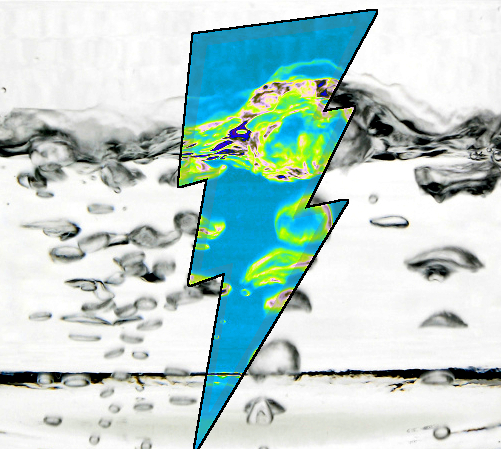Local link in German plan
 Germany, Europe's industrial juggernaut, is pushing to build a novel hydrogen market.
Germany, Europe's industrial juggernaut, is pushing to build a novel hydrogen market.
In a strategic move following its decision to abandon nuclear and coal power, Germany is even working on a potential green trade route with Australia.
Australian green fuel, derived from abundant solar and wind energy, could play a pivotal role in Germany's decarbonisation strategy, according to Till Mansmann, Germany's Innovation Commissioner for green hydrogen.
He says there is a synergy between Germany's energy demand and Australia's renewable energy prowess.
“Australia wants to be a renewable energy superpower...this is a perfect match because Germany is a superpower in the offtake of energy,” he says.
Germany's urgency in diversifying its energy sources has been amplified by the Ukraine war, exposing the risks of over-reliance on single suppliers like Russia.
As Germany turns away from nuclear and coal, it eyes hydrogen and derivatives like ammonia, methanol, and e-fuels, crucial in meeting its 2045 net-zero emissions target. Green hydrogen, versatile and climate-friendly, is produced using renewable energy for electrolysis. Germany views blue hydrogen, a fossil-fuel derivative, as a temporary solution. The nation faces the challenge of establishing a nascent global hydrogen export market and overcoming the slow progress in the sector.








 Print
Print